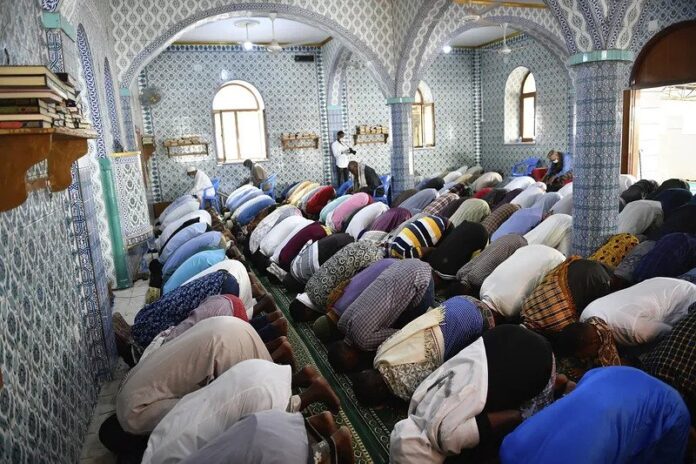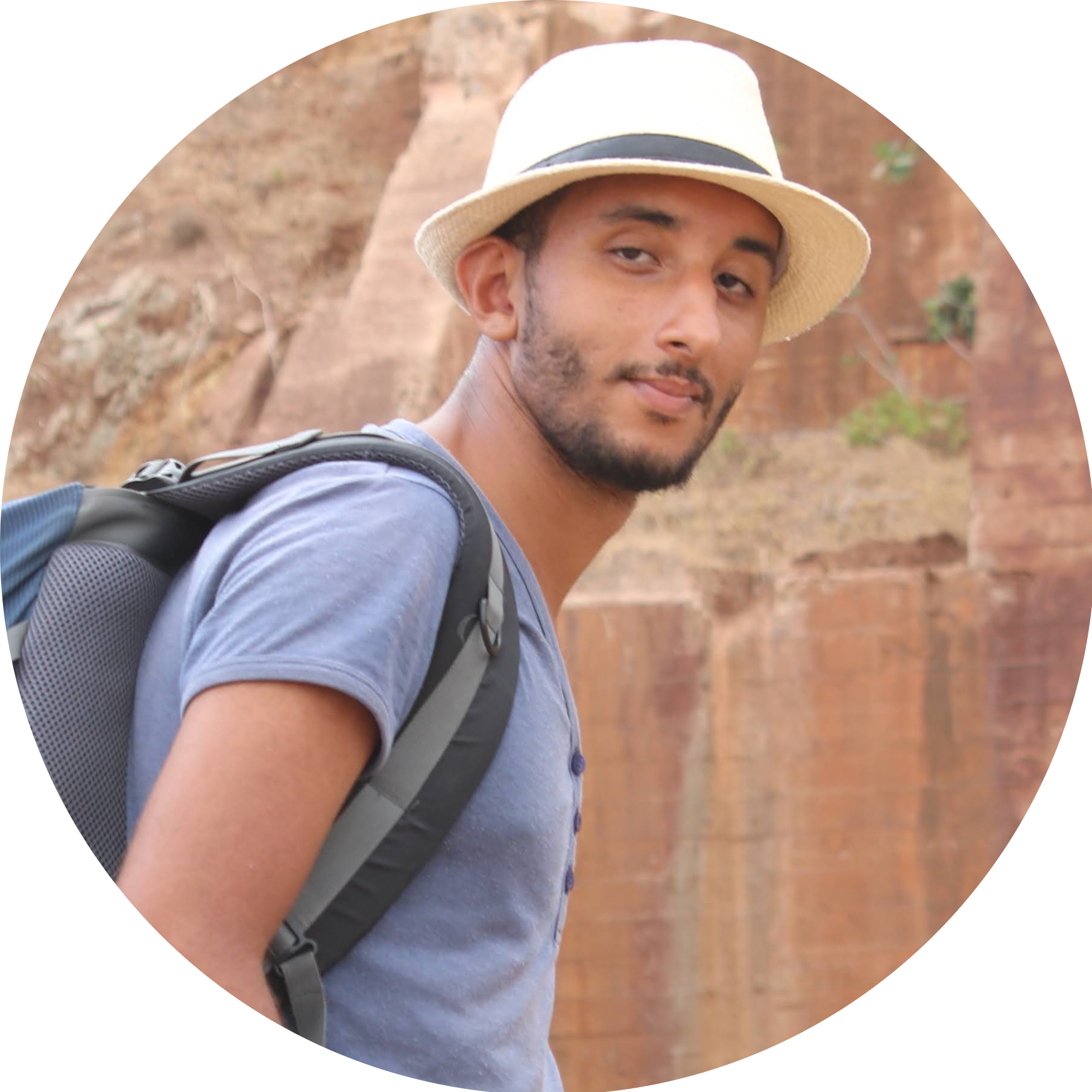Traveling to Morocco in Ramadan: The Complete Guide

Ramadan is one of the most sacred months in the Islamic calendar, celebrated in Morocco with rich community and spirituality. For travelers, visiting Morocco during this month opens a window to the deep traditions and customs of Moroccan life. Here’s what you need to know to experience Ramadan in Morocco—from its meaning and customs to tips for enjoying this unique time.
What is Ramadan, and When Does it Start?
Ramadan is the ninth month of the Islamic lunar calendar, starting with the sighting of the crescent moon, which can vary by a day or two depending on the region. Muslims believe that the Quran was revealed during this month, and fasting during Ramadan is one of Islam’s Five Pillars. From dawn to sunset, Muslims abstain from eating, drinking, smoking, sex and other activities to encourage spiritual growth, self-reflection, and compassion.
Ramadani in 2025 will start on the evening of Friday, February 28, 2025, and end on the evening of Sunday, March 30, 2025 (with a 1-day margin, depending on whether the crescent moon is seen that night).
Ramadan in Morocco: Traditions and Customs
During Ramadan, Morocco takes on a quieter, more reflective pace. Daily life shifts as work hours shorten, many cafes and restaurants close during the day, and markets grow lively as sunset approaches. In the late afternoon, a special atmosphere builds as families and friends prepare for Iftar, the meal that breaks the fast each evening.
After the Maghrib prayer signals the end of the daily fast, Morocco’s streets come alive. Families gather around tables filled with traditional foods like dates, harira soup, chebakia (a sweet pastry), and fresh bread. It’s common to see people sharing Iftar in public parks, beaches, and outdoor areas, creating a warm community experience across the country.
The Impact of Ramadan for Travelers
If you’re traveling to Morocco during Ramadan, it’s helpful to be mindful of the changes in routine. Many cafes and restaurants will be closed during the day, especially in non-touristy areas, though some establishments may remain open to serve tourists in major destinations. Avoiding eating or drinking in public out of respect for locals is a thoughtful gesture.
However, visiting during Ramadan also offers you a deeper view into Moroccan life. You’ll witness daily traditions, observe a serene atmosphere during the day, and be part of the joy and togetherness that fill the streets each evening.
Tips for Enjoying Ramadan in Morocco
- Be Respectful
During the day, avoid eating, drinking, or smoking in public. If needed, find a discreet place or wait until you’re back at your accommodation. - Embrace the Adjusted Schedule
Opening hours for some activities, transportation, and sites may vary during Ramadan. Adopt Morocco’s relaxed pace and take time to explore with no rush. - Join in for Iftar
If you’re invited to share an Iftar with a local family, accept the invitation! Moroccan hospitality is renowned, and many locals would love to include you in this special meal. It’s an experience that lets you live like a local and understand the culture up close. It’s recommended to bring Food with you to share with your hosts, what food to choose is up to you. - Enjoy the Nightly Activities
After Iftar, Moroccan cities come alive with locals out for walks, enjoying tea, or shopping. Visit a medina or market to immerse yourself in the lively evening atmosphere. - Experience Ramadan Spiritually
Ramadan is a time of introspection and calm. Embrace the peaceful atmosphere, disconnect from daily stress, and reflect while taking inspiration from local customs. Ramadan in Morocco offers a unique opportunity to connect with the country’s spirituality and cultural depth.
What to Do and Not Do During Ramadan in Morocco
Do
- Respect the Fast: While you’re not required to fast, locals will appreciate your understanding and respect for their practice.
- Explore Later in the Afternoon to see more vibrant activity as people prepare for Iftar and enjoy the nightly events after sunset.
- Stay Open to New Experiences: Accepting an invitation to Iftar or visiting a mosque open to tourists during Ramadan can be a unique and unforgettable experience.
Don’t
- Avoid Eating or Drinking in Public During the Day: It can be considered disrespectful to locals who are fasting.
- Don’t Rush: Days may feel slower, but it’s part of Morocco’s culture to take time during Ramadan.
- Don’t Expect Everything to Be Open: Plan ahead, be flexible with schedules, and allow for patience with adjusted hours.
Eid Al-Fitr: Celebrating the End of Ramadan
The end of Ramadan is marked by Eid Al-Fitr, a holiday celebrating the conclusion of fasting. In Morocco, families wear their best traditional clothing and visit loved ones. They gather for a special meal filled with sweets like chebakia and ghriba, along with other classic dishes. Eid Al-Fitr is a time of joy and hospitality, offering a great opportunity to experience Moroccan culture at its most vibrant and festive.
Embrace the Spirituality of Ramadan
Visiting Morocco during Ramadan is an invitation to slow down, connect with others, and experience a deeper side of the culture. It’s a chance to live like the locals and immerse yourself in a month filled with reflection and meaning. Choosing not to eat or drink in public during Ramadan shows respect, and, if you’re lucky, you may get the chance to share an Iftar meal with locals or even attend a public Iftar picnic at a beach or park. Ramadan in Morocco is not just a visit—it’s a journey into the heart of Moroccan life.
Feel free to reach out for any questions about experiencing Ramadan in Morocco. Whether it’s guidance on customs, Iftar spots, or arranging an Iftar with locals, I’m here to help you make the most of this special time.











